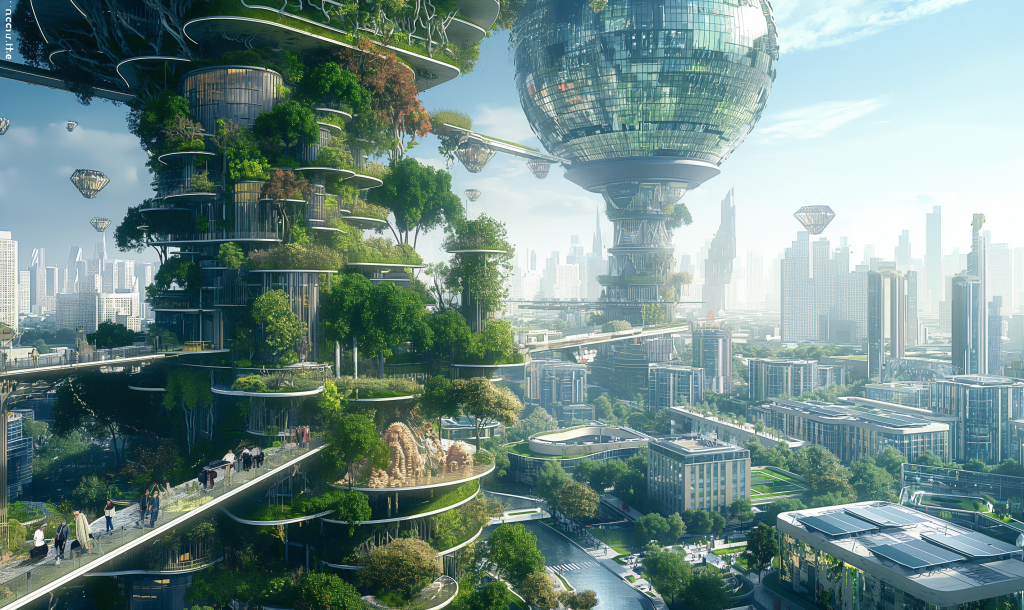In recent years, the development of Artificial Intelligence (AI) has reached a pivotal point, holding the potential not only to transform industries but also to reshape our perspectives on innovation, health, and environmental preservation. One of the most notable advancements in this domain is Google DeepMind’s AlphaFold. This project promises groundbreaking progress by predicting the folding of protein molecules, a key component in biological research and medicine. The ability to accurately predict protein structures could pave the way for new treatment methods for a wide array of diseases, including cancer, diabetes, and heart diseases.
Beyond medical breakthroughs, AlphaFold has the potential to address environmental issues. The development of enzymes capable of breaking down plastics presents an innovative approach to tackling plastic pollution in our oceans. Moreover, enhancing the yields and nutritional values of crops through genetic modifications could offer a path to increasing global food security and reducing poverty in developing countries.Another groundbreaking project is Google’s Genome Project, which, like AlphaFold, uses AI to discover new stable materials. These stable materials are crucial for various applications as they maintain their physical and chemical properties under different conditions. The discovery of new materials could revolutionize the manufacturing of electronics, batteries, and other everyday products by making them more durable, safer, and more efficient.Microsoft has also made significant strides in material research by utilizing AI models to screen over 32 million material candidates to discover new substances for battery development. This research could significantly enhance the performance of rechargeable batteries, thereby boosting energy efficiency across numerous applications.These developments mark a significant advance in AI research and application, harboring the potential to positively impact our society and environment. The capability to analyze complex biological and chemical structures quickly and accurately not only saves time and financial resources but also opens doors to new fields of research and therapeutic approaches. As these technologies continue to evolve and refine, we can anticipate a future where AI plays a central role in addressing some of humanity’s most pressing challenges.

